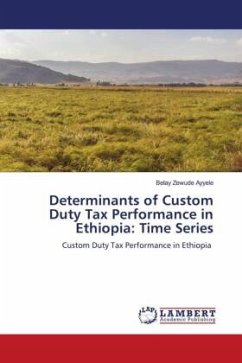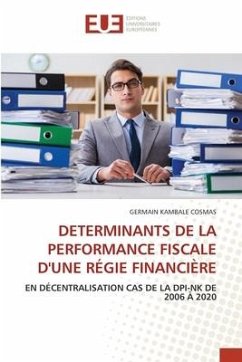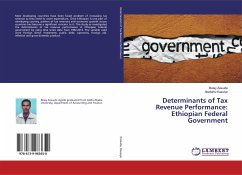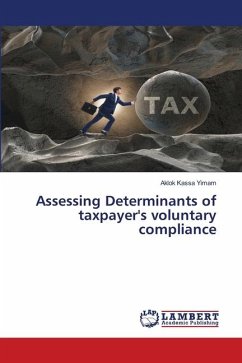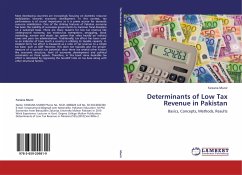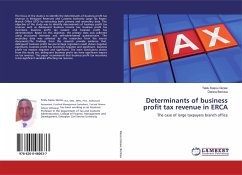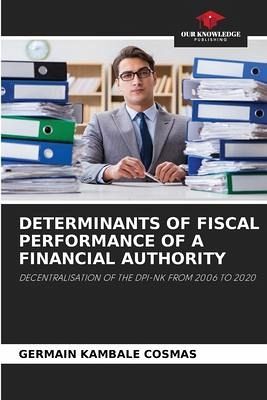
DETERMINANTS OF FISCAL PERFORMANCE OF A FINANCIAL AUTHORITY
DECENTRALISATION OF THE DPI-NK FROM 2006 TO 2020
Versandkostenfrei!
Versandfertig in 6-10 Tagen
29,99 €
inkl. MwSt.

PAYBACK Punkte
15 °P sammeln!
Fiscal decentralization is a major issue in the news. It is a priority for the 26 provinces of the Republic and is the determining factor in accelerating the process of territorial division in favour of the new provinces. Fiscal decentralization is first based on the need to rebuild the state following a deep and multi-sectoral crisis that has destroyed all organized public life in the DRC; then it is based on the desire to instill a dose of local democracy to compensate for centralized power; finally, it has become a more pragmatic response to the state's inability to provide basic public ser...
Fiscal decentralization is a major issue in the news. It is a priority for the 26 provinces of the Republic and is the determining factor in accelerating the process of territorial division in favour of the new provinces. Fiscal decentralization is first based on the need to rebuild the state following a deep and multi-sectoral crisis that has destroyed all organized public life in the DRC; then it is based on the desire to instill a dose of local democracy to compensate for centralized power; finally, it has become a more pragmatic response to the state's inability to provide basic public services at the local level, such as health, education, drinking water, electricity, justice, roads, etc. In concrete terms, fiscal decentralization invites us not to remain at the budgetary or accounting level, but to integrate how local finances are constituted in relation to national finances, which means, in the background, how power is organized and shared between local authorities and thecentral state, and how local finances are managed.




